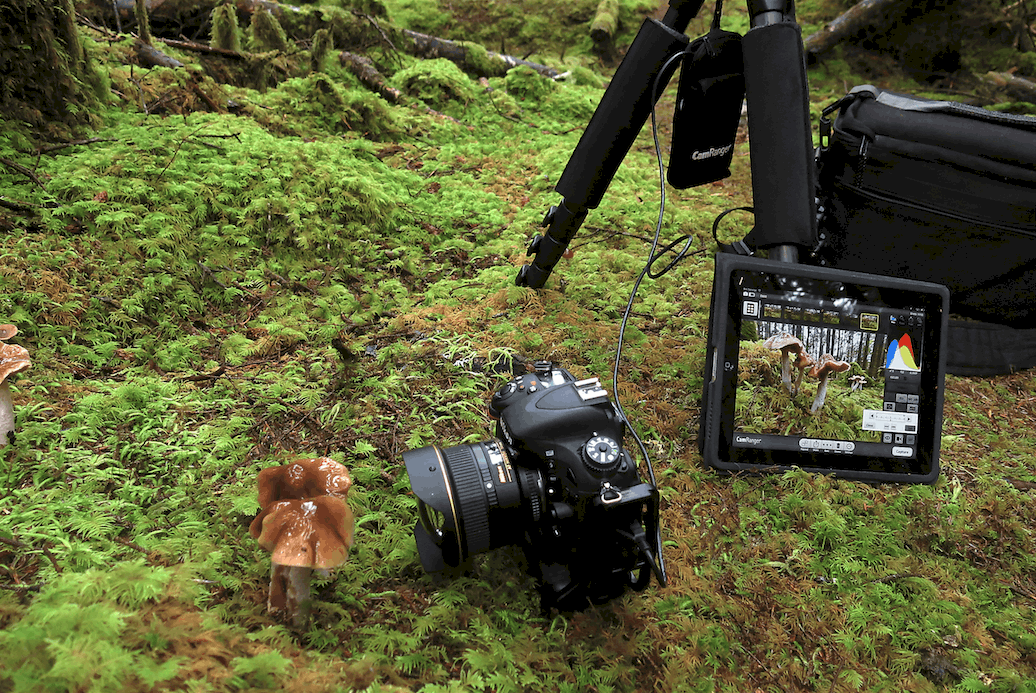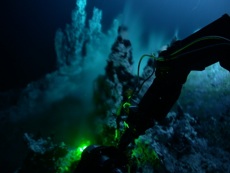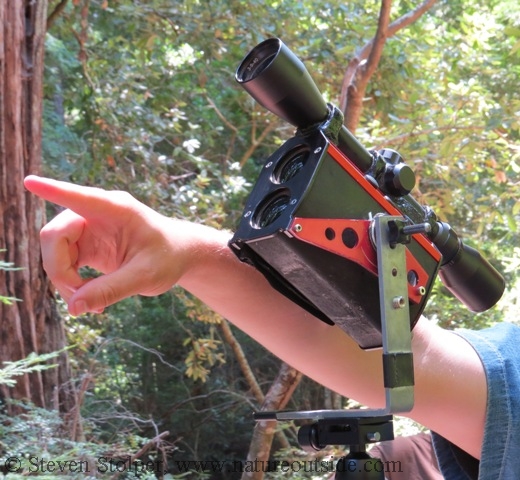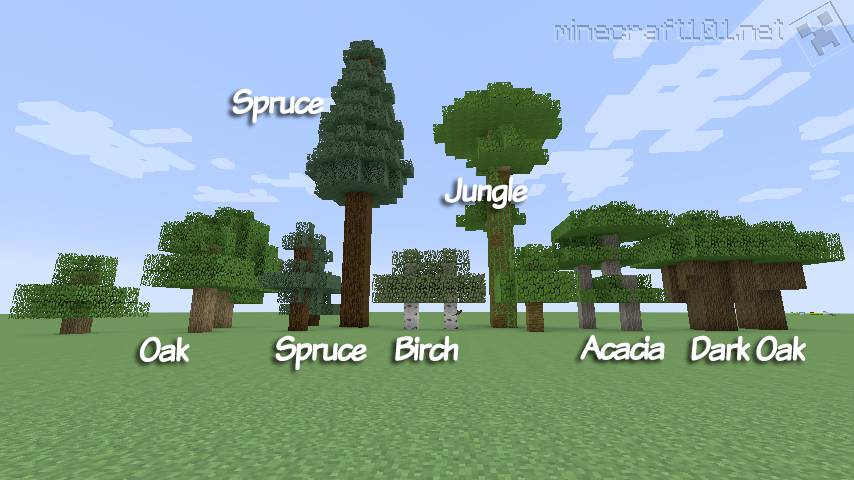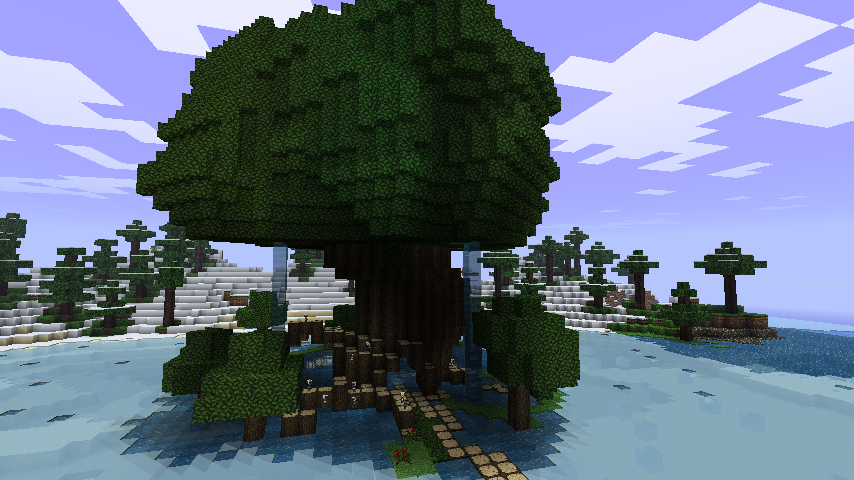I am the daughter of a man who blew his eyebrows off with 18th century gunpowder. My father, a teacher, an antique dealer, and a grown man, emptied the contents of a colonial powder horn onto a cookie sheet in our back yard, said, "Watch this, kids!" and struck a match. The rest is history.
My dad took my brother and I duck hunting in the Atlantic in a leaky 19th century canoe. You hunt ducks in November. He taught us how to shoot and fish and gave us knives when we were in kindergarten. He gave my mother grey hair, but he was a man who really didn't know any different. You see, to quote Lady Gaga, he was "born this way."
My father grew up in the UP just after WWII. He was a mix of people-- Poles, Scandihoovians, Chippewa-- who got by by getting by. His dad died when he was eleven. I know all about his first knife-- it was a Lash LaRue. He saved up for it and that knife lives in his memory like a sibling. He had a Red Rider bb gun, and then a series of real guns. He went through the ice, rolled cars, shined deer, trapped beaver, hid birds in his gas tank, kept a baby bear as a pet in his basement and once he and his three legged dog walked 20 miles just to visit a friend in the next town-- he forgot to tell his ma he was going. My dad went to Vietnam and when he came back he took my mom up to the middle of northern Maine to homestead and start a family. No running water, no electricity, no problem. Risk is relative when you grow up the way my dad did, and live through a war. He wasn't the only fatherless kid in town, and it was a town where you could starve to death if you didn't take risks. Krista Tippet says in her new book, Becoming Wise, "we learn to walk by falling down." Last night, I began re-reading Richard Preston's book, "The Wild Trees." The book opens with a harrowing scene of risk. In a moment of utterly insane spontaneity, a young college student and his friend free climb what turns out to be one of the world's tallest trees. 376 feet up. We may learn to walk by falling down, but we don't survive that kind of drop.

But, not only do the young redwood climbers survive, they end up discovering a whole new ecosystem in the crown of that tree, pushing science into entirely new territory. The traditional narrative of discovery is synonymous with risk. The folks who crossed the land bridge, Erik the Red, whoever sailed Kon-Tiki, Sir Hillary, our own Dame Bancroft, Rosa Parks, Biko, Stein, Stienem, Galileo-- anybody who ever did anything great and glorious, they all had skin in the game-- their own skin.

Risk is not just heroic, it is cellular. We grow through it. The
teenage brain is wired for risk-- risk actually adds grey matter and synapses. This is an evolutionary strategy-- grow stronger, faster, test the boundaries, find the limits and, if you survive, that trait for survival gets passed along to the next little risk taker. Babies shove the world in their mouths. Little boys and girls will pick up sticks. I'm no advocate for free climbing and I recommend growing up with a parent or two if you can. I don't condone shining deer and I waited to until my kids were nine to give them knives. But I do think we should remember the central role of risk in youth development.

Some kids spend less time outside unsupervised. Some kids spend too much time outside in the wrong context unsupervised. Some kids get less time to practice taking every day risks with their bodies. Farm kids grow up with animals and tough chores. For many kids, the rigor of daily, physical decision making or risk-taking is now often delivered via team sports, or too much time on the street corner. Those risks don't match action and benefit in quite the same way that farm chores do. Catch the pig, steer the plow and milk the cow, or else we don't eat. If you aren't a team player on the soccer field, you might lose the match, but probably not your dinner. If the kids on the corner impress peers with shoes, words or bravery, they might avoid embarassment or a beating, but they aren't working toward a common goal, and maybe they're working toward a bad decision.
Kids
will grow physically, socially, emotionally and cognitively-- bodily harm or death are the only things that will keep a kid from growing in some way. But
how they grow, what they become is the thing. As our friends at Voyageur Outward Bound School like to say, "all kids are at risk." And those risks are relative. A civil rights lawyer
Michelle Alexander points out, risk can have a different cost depending on who you are and what your context is. Let's say two people are smoking marijuana. One is sitting by a pool in a suburban backyard, the other is standing on the corner of Chicago and Lake. Context and history impact consequence.

As a teen, I came off the rails for a time. I was terrible at cost-benefit analysis. The first time I screwed up, it was a surprise to everyone. My thirteen year history as a "good kid" suggested that this was a one-off aberration and there wasn't really a consequence. At this point, some some constructive, real world, risk-taking would have been good for me. But I wasn't living on a farm or spending time in the wilderness. I was living at a boarding school with minimal adult supervision and there weren't any chores to do. I didn't see the connection between my actions and anything, let alone survival. I was working to impress a group of friends whose common goal was to skip class and smoke behind the maintenance shed. I was not very good at surviving in this context either. I got caught.

The third time I found myself in the dean's office, context and history spread out around me like a stain. This time the consequences were swift, with no backsies. So the trick is to help kids understand context and the power of history, or integrity, before they leap. Because sometimes kids really should leap, and sometimes the cost-benefit analysis yields a price that is just too high. Outdoor experiences with peers and thoughtful adult guides can provide opportunities for risk and assessment that help kids build decision-making skills.
While preparing for a winter river canyoning trip, my grown-up friends and I messed around with our socks and boots for a good half hour. We're old enough to have lived through unpleasant experiences and we wanted to keep our toes. But I'd consider socks a liability on the same river come summer. Context. The idea is to make the best decision for yourself under the circumstances. Nature does this all the time.
Now that it's spring, turn over a new leaf. Literally. Go out and check out the new leaves on the trees. They have a lot to teach us about the role of risk in evolution and survival. Consider the poplar, or "popple" leaf. These leaves present the beauty of design informed by appropriate risk. The leaf is shaped like an arrow, or heart, depending on how you look at it. The edge of the leaf is toothed, not smooth. It has a long flat petiole-- that's the stem part that connects leaf to branch. The petiole is just long and flat enough to twist in a breeze and turn the leaf to and fro. This produces a pleasant sound like falling water, and, as the leaf turns, it reduces drag in the wind, and those little teeth prevent the leaf itself from tearing.

Collectively, all those turning leaves reduce overall drag in the canopy. Evolution pushed this slim, twisty petiole design right to the edge, for the benefit of the tree and the species. The cottonwood, a kind of poplar, is a prairie tree and it has adapted to the context of high winds sweeping across a grass sea. More risk assessment is built in to the design. If the wind gets really high, the smallest branches--petiole leaf and all--will release, like a skink's tail, to save the tree's life. Cottonwoods also adapt to the contexts of flood and drought-- realities in the seasons of a prairie. Cottonwoods were born to grow along the banks of rivers that swell in spring. They suck up all that extra water and disperse it through all those leaves twisting in the wind and exchanging gas. The leaves have a waxy top and a more porous bottom. During drought, when the river runs dry, that waxy coating can seal in moisture. The tree's bark makes a similar call-- either sloughing off when it doesn't need the extra protection, or corking up when it has to conserve moisture.

Trees and teens can adapt to the challenges of context. Both observing nature and trying to live in and with it provide kids with opportunities to grow. Teens on a canoe trip together, for instance, get infinite opportunities to adapt. There will be many variables. Wind or no wind. Water, bugs. There will be temperature and temperament. Navigating, unpacking, pitching, cooking, repacking. Each moment unique to the kids and the context. Safety will come first, and because it does, calculated risk will follow. I am reminded of a question I was recently asked about summer camp: "How safe is camp?" As safe as the first day of school. As safe as crossing the street, petting a dog, riding a bike, skipping rope or climbing a tree. "As safe as it needs to be."






